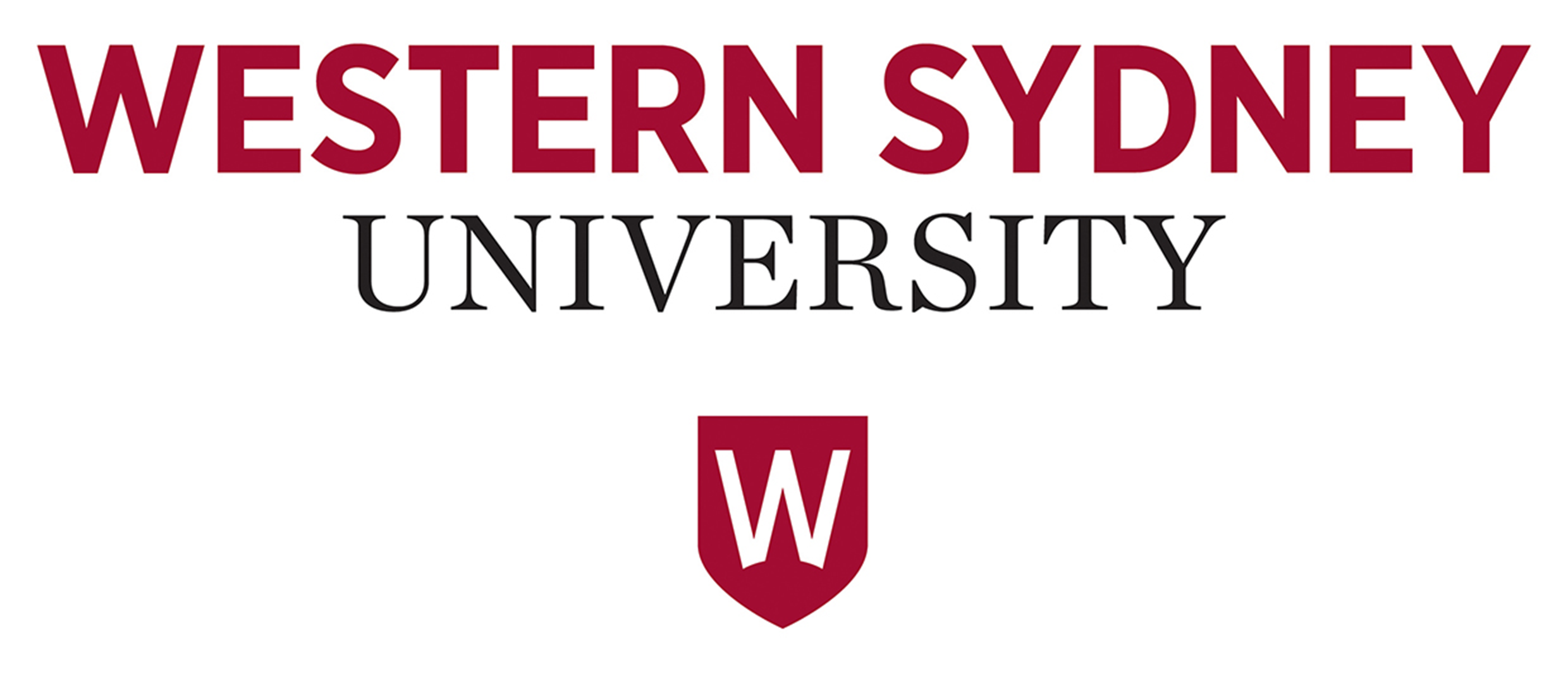Full description
Overview: This dataset accompanies a study by the African Translational Research Group conducted during the initial rollout of the COVID-19 vaccine in some sub-Saharan African countries. The study focused on the knowledge, attitudes, and perceptions of sub-Saharan Africans (SSAs), including healthcare workers, regarding the vaccine and its effectiveness. It also examined the critical role of information sources in shaping vaccine hesitancy and resistance.Conducted from March 14 to May 16, 2021, this dataset offers insights into factors influencing vaccination decisions amidst the pandemic and the spread of misinformation. The study was administered in French and English to 2572 participants aged 18 and over from SSA. Data collected included sociodemographic characteristics (such as age, gender, education, and employment status), medical and vaccination history, and the use of mainstream and social media as information sources during the pandemic.
The study identified three main outcomes: the vaccinated group, which included participants who confirmed being vaccinated against COVID-19; the vaccine hesitancy group, consisting of participants who were 'not sure' or 'no' about being vaccinated but were willing to get vaccinated when available; and the vaccine resistance group, comprising participants who were 'not sure' or 'no' about being vaccinated and were unwilling to get vaccinated even when available. Logistic regression analyses were used to assess the influence of information sources on the likelihood of being vaccinated, hesitant, or resistant. This dataset provides valuable evidence on the knowledge, attitudes, and perceptions of COVID-19, the myths surrounding vaccines, and how different information sources impact vaccination behaviours in SSA. Understanding these dynamics is essential for designing effective communication strategies to combat misinformation and improve vaccine uptake.
This dataset is an invaluable resource for researchers, public health officials, and policymakers aiming to enhance vaccination campaigns and address misinformation challenges in SSA.
Created: 2024-06-27
text: Sub-Saharan Africa
User Contributed Tags
Login to tag this record with meaningful keywords to make it easier to discover
- DOI : 10.26183/2S8Q-XQ12

- Local : research-data.westernsydney.edu.au/published/713d592031f111ef9d79dd4d59ff340d


